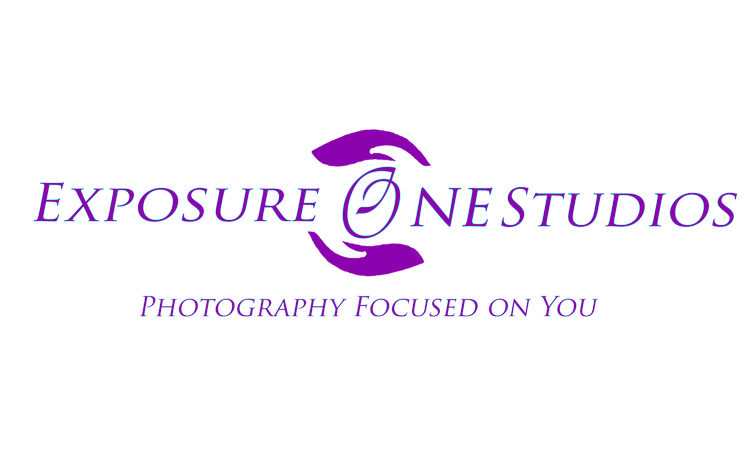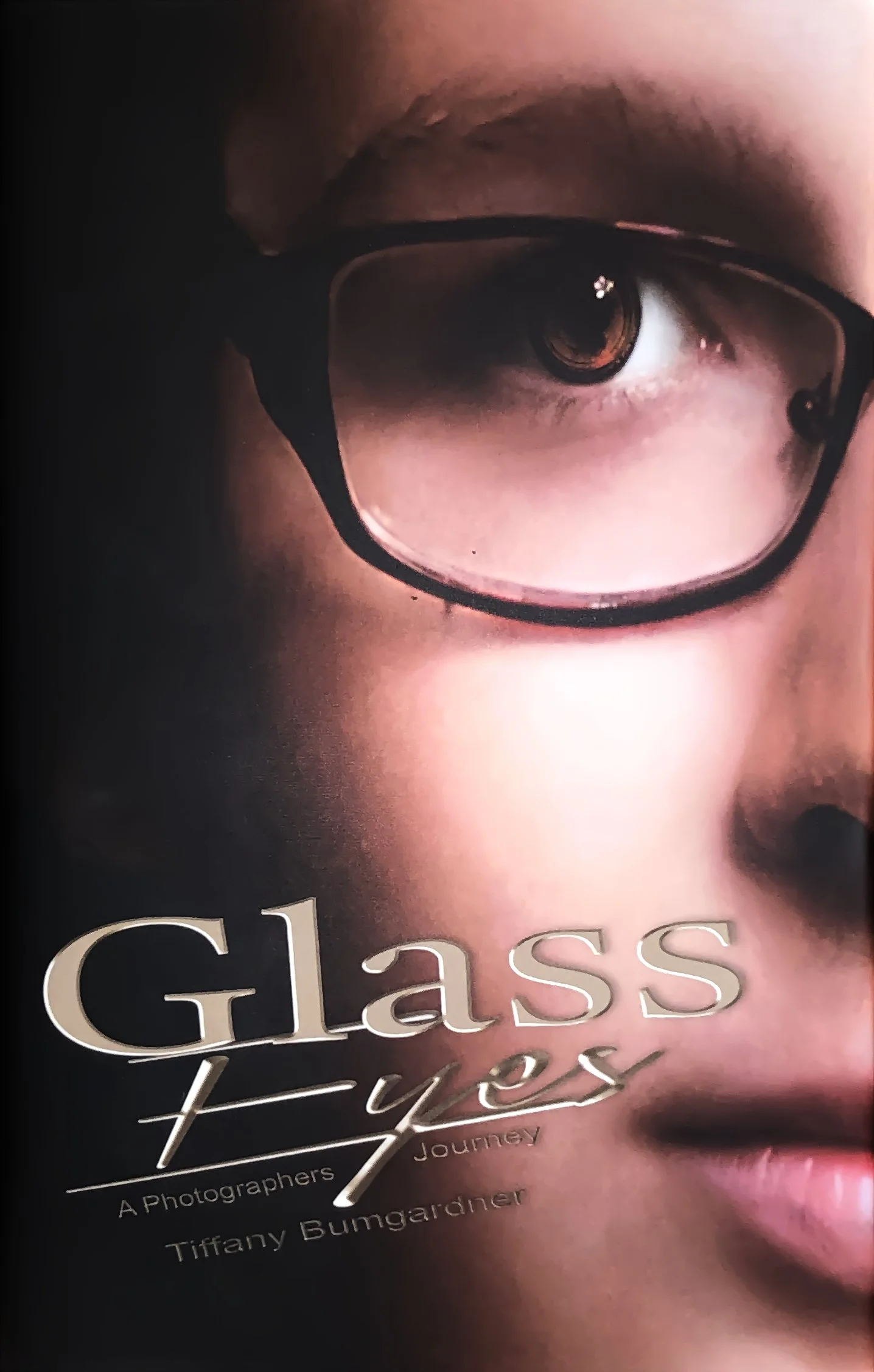I spent two years following the release of my Rodeo photography book writing an actual book. Two soul crushing years spent in reflection, with my thoughts, staring at blank pages, soul searching, micro-focusing, and working my fingers off. I thought the finish line— releasing/ publishing my book— would bring a joy to me, would make me feel like everything was worth it.
Instead, I felt a feeling of dread that people would in fact read my book, and my creative drive just seemed to dry up— vanish; with the upload to publication. I would later come to learn that this is called creative depression and tends to follow the completion of large projects. An article I read a while back interviewed a movie director who goes through creative highs and lows with every project.
“You have to get through the despair of seeing that what you created isn’t what you hoped, and everything’s fucked.
And that is where a lot of people crash and burn, because they can’t survive that.”
My book is far from perfect. In fact I think every time I open it and flip through it I continue to find errors, be they typos, grammatical, or formatting. And every time I catch something new, something that shows I am human and no matter how much time or how much I invested in an editor the errors still slide through. As they should because in 50,000 words getting it perfect is an impossibility, but my inner perfectionist mourns my inability to find that slice of perfection.
Jeffery Lando attributes creative depression to not being able to get over the fact that work you created is less than perfect and in a way I agree but in another I do not. I logically knew when I released my book there would be an 80/20 split. Meaning there would be at least 20% errors but those numbers are for the traditionally published who have those massive publishers throwing money into making them that shiny. I am self published and as I am coming to realize a split of 60/40 is looking more and more like the norm.
Not because I want 40% errors but because my limited resources made it more difficult to have my book be like traditionally published book. And I was sad initially and perhaps every time I find something wrong, but I know that alone wasn’t the reason for my creative depression.
Writing a book takes a great deal of mental energy, planning the formatting, layout, covers, and everything else takes up many of your waking thoughts and for me even my sleeping thoughts— I created my book cover from a dream I had! For a little over two years I put my everything into this and then I was finished.
I was excited to be finished but I was sad everything I had lived for and talked about was essentially done, I had a final product— the question became now what?
The answer to my after was deciding that I needed a complete break not just from writing but from my photography business, I slowly just decided not to book a lot of photoshoots and to relax. To let myself come to terms with the completed book, the lack of creative ambition for the first time in my life, and just be. Today, I reflect on how that feels to just kinda stop and it is scary, I spent almost all my adult life building a photography business and I just decided I couldn’t work this year because I couldn’t see the images in my head— photographers start with a finished product for me I envision what I want to create and make it happen— and that hasn’t been happening for me, everything is just blank.
That void absolutely scared me and I know that if I push myself to work, to try and make something happen I am going to really burnout and it could mean the end of my business. Jeffery Lando’s words have a bit of truth to them but everyone experiences depression differently and rebounds differently. Facing a void and coming back to create again even differently is worth it, but do it your way and in your time.

